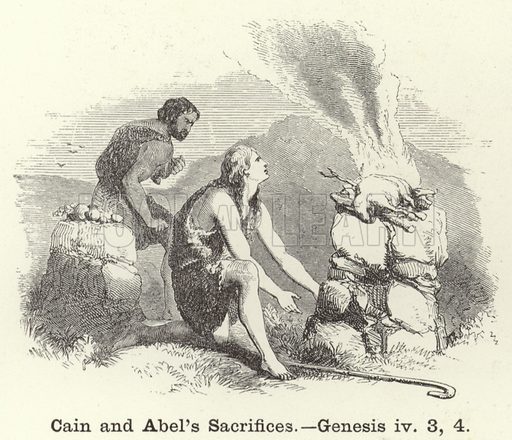Welcome to the Wakefield Doctrine (the theory of clarks, scotts and rogers)
This is the Six Sentence Story bloghop.
It is hosted by Denise
This week we rejoin Ian Devereaux in ‘the Case of the Missing Fig Leaf’. (The Chapter that leads to this week’s installment? Click Here)
The prompt word is:
MATCH
“On the off-chance I don’t register on your visitor-to-be-murdered app, I was here a few months ago with a guy, well, kind of an older man, don’t get me wrong, I liked him and everything, and he was heads-over on me, if you get my drift,“ Stacey stopped mid-sentence, turned and smiling indulgently towards where Anton Rilke and I sat, continued for the benefit of the receptionist, “These two… men, sitting all polite-and-professional in your waiting area, they’re here with me, not the other way around.”
To my right, rising from a chair as uncomfortable as only one designed and carved five hundred years ago could be, I heard Anton say, in not quite soto a voce, “Not strictly in accordance with procedure…” his last words not quite buried under an imploded laugh, “Mein Gott in Himmel.”
Upon our arrival at the Eibingen Abbey, the credentials of one Detective Major Anton Rilke got us through two levels of buffering, ending here, in a reception area facing a young woman wearing a uniform from the Middle Ages, pretending to be busy reading the computer display on her desk; behind her, a single, unmarked door, and above that, a mural depicting the Garden of Eden and the figure of a dark-haired woman pushing an archangel to the side as she walked through a gate into a bleak and hostile landscape, overhead was the obligatory sky full of heavenly witnesses, mostly scandalized cherubim, surrounding a pissed-off-looking God.
In the hope of preventing our young friend from starting a textbook grudge match, I stood, and the sight of of Stacey’s nearly-white, and improbably-straight blond hair triggered a full-on flashback to sixth grade at Our Lady of Mercy School; it was the next-to-the-last day of the year, the nun on recess duty lead a kid with a bloody nose into the building to see the nurse, and the neighborhood ice cream man, trying to score some early revenue, had parked on the far side of a four-foot chainlink fence. Diane Arnold, a classmate who wore her hair in a style my dog-eared childhood-memory offered as a ‘page boy’, all squared lines in front and back serving only to accentuate eyes that even a pre-pubescent boy could feel alarmed by; well, Diane looked at the truck, looked back at the schoolhouse and climbed, her blue-green plaid skirt skirt as irresistible a battle flag a girlish William Wallace could ask for, demanding we join her and claim our Summer.
Anton and I stood to either side and slightly in front of our recently accepted member of Yale Law Class of 2025 when the door behind the receptionist opened without preamble; I felt a spark of pain at the side of the neck; before I hit the floor, I saw my official liaison from the Wiesbaden PD collapse as well, I stayed conscious long enough to hear Stacey say, “No fricken way you’re gonna get away with it a second time.”
*











